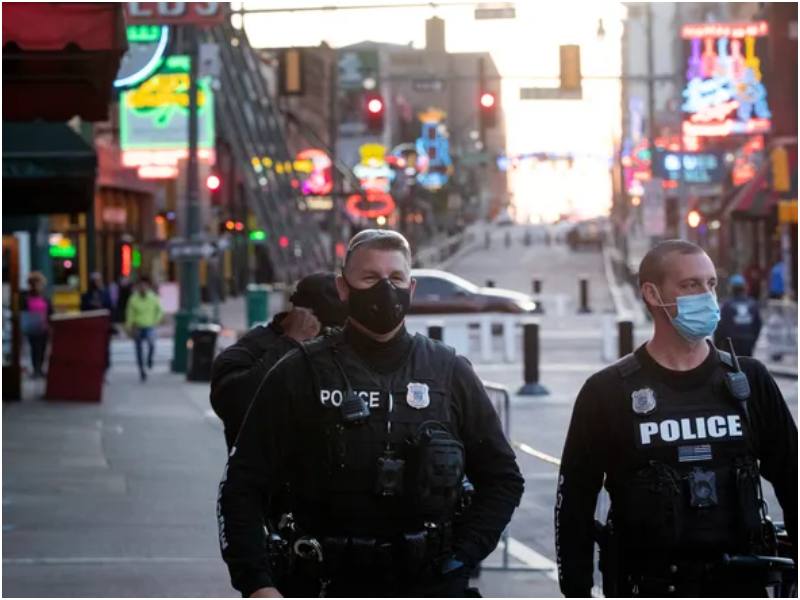Prominent immigration attorney LaToya McBean-Pompy, Esq., is sounding the alarm over a proposed Trump-backed immigration initiative that targets Haitians with alleged gang affiliations for mass deportation—without due process or individualized evidence.
In a video posted to her Instagram account (@mcbeanimmigrationlaw), McBean-Pompy questioned the constitutionality and legality of the plan, warning that the federal government is relying on broad categorizations rather than case-by-case adjudication.
“Why not go one by one and make your case in court to strip them of their residency?” McBean-Pompy asked. “Don’t put a press release out saying you’re going after a group—especially after failing to prove gang affiliations in past deportation cases.”
The policy, championed by Senator Marco Rubio and reportedly supported by President Donald Trump, comes amid renewed focus on immigration enforcement and national security. It proposes targeting Haitian nationals accused of gang involvement—potentially including recent arrivals through humanitarian parole programs.
McBean-Pompy, who runs McBean Immigration Law and frequently analyzes immigration policy from a legal perspective, cited past deportation cases where the government failed to substantiate gang ties. She referenced Venezuelan men previously detained in El Salvador’s CECOT prison, some of whom were later found not to be affiliated with gangs—despite initial allegations.
“Have you seen the evidence proving they were gang members?” she asked in the video. “Some were thrown into a terrorist prison with no proof at all.”

The attorney, who has become a leading voice on immigration law reform, expressed concern that asylum seekers who’ve mentioned gang violence in their claims could now be subject to removal under this sweeping rationale.
“If you’ve even mentioned ‘gang’ in your asylum claim or arrived under recent Biden-era parole programs, you may now be on their radar,” she said.
McBean-Pompy stated that mass deportation actions based on vague affiliations violate due process protections under U.S. constitutional law and immigration statutes, including the Immigration and Nationality Act (INA).

